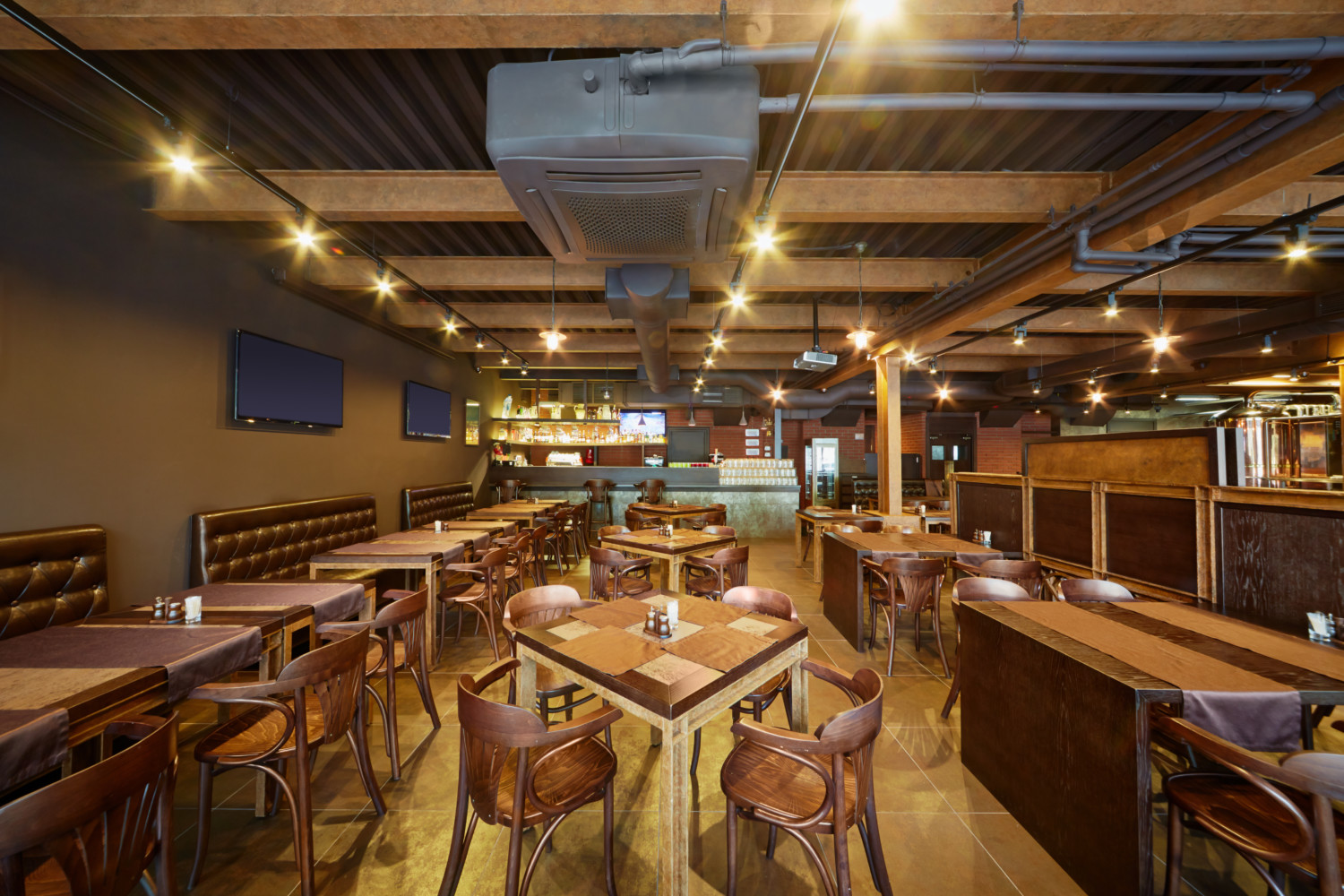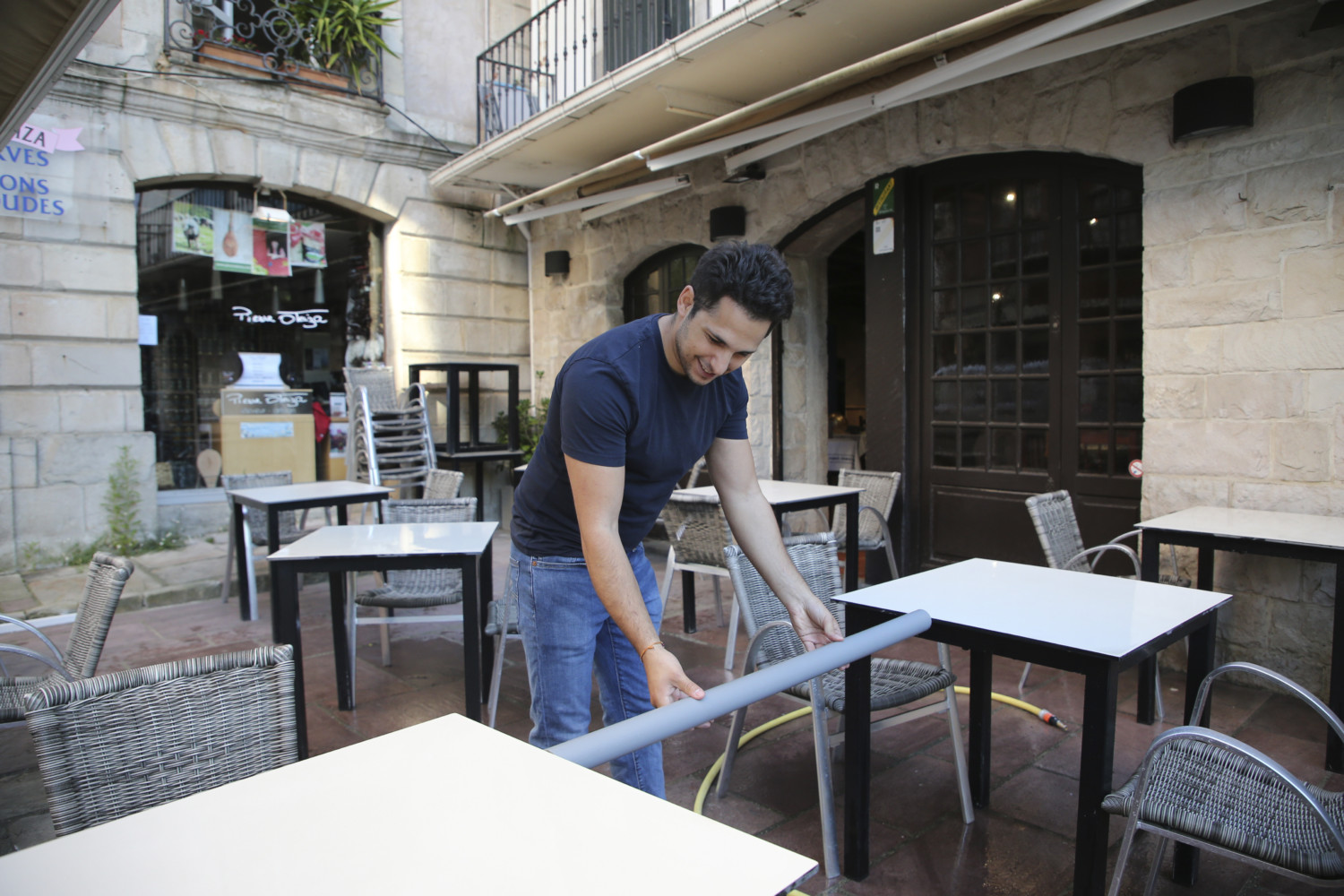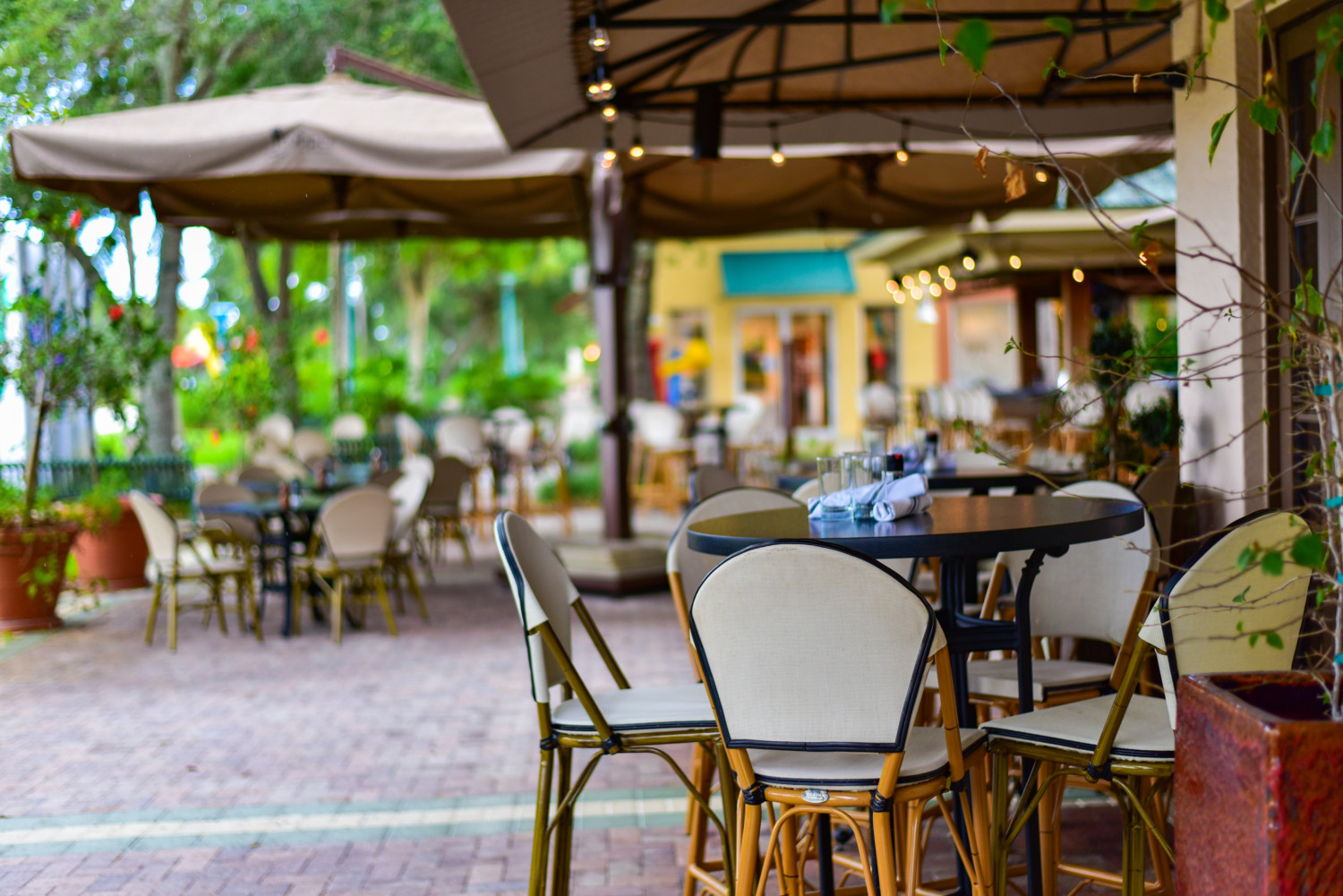Weather is finally heating up around the country, and people are switching their air conditioning units to “on.” Some, however, are wondering whether air conditioning might affect the spread of the novel coronavirus.
A small study, which was published in the medical journal Emerging Infectious Diseases, found that nine people in Wuhan, China, contracted the virus by sitting near an air conditioning vent in a restaurant. The researchers think the virus was spread by one asymptomatic person who was sitting at a table in front of the air conditioning unit. While this finding initially caused concern, experts say it’s important to keep in mind the broader perspective.
“I don’t necessarily think this study is representative of transmission risk,” Dr. Amesh A. Adalja, senior scholar at John Hopkins Center for Health Security in Maryland and infectious disease expert, told Health. “However, it is important to be mindful of airflow patterns, especially if they are strong and create a jet stream for droplets.”

According to the Cleveland Clinic, there is no clear evidence at this time that air conditioning spreads the coronavirus. However, because fans and air conditioners move air around a room, in theory, they could spread viral particles and droplets that cause an infection. More research is needed to better understand how air conditioning may affect the spread of the virus.
Should You Worry About Being In An Air-conditioned Space When You Go Out This Summer?
As more businesses open up around the country, should you worry that being in an air-conditioned space will increase your risk of contracting the virus? To an extent, it depends on the venue.
Restaurants may pose more of a risk than retail stores, for example, because one typically spends more time in a restaurant than in a store, and the length of time that you’re exposed to the virus is one factor that influences how likely you are to become infected.
Another aspect that may impact the possibility that air conditioning spreads the virus is the strength of the ventilation system. In the Wuhan case study, poor ventilation may have been to blame, a problem experts say you’re less likely to encounter in the United States.

“The ventilation was one-tenth of what it should be if you use standards that apply to most U.S. restaurants,” William Bahnfleth, a professor of architectural engineering at Pennsylvania State University and chairman of the epidemic task force convened by the Ameican Society of Heating, Refrigerating and Air-Conditioning Engineers, told the Washington Post.
In addition to ventilation, filtration also plays a role. While ventilation brings in fresh air from the outside, filtration removes small particles from the air. Standard systems used in commercial buildings do both, helping to prevent transmission of the virus.
What Additional Steps Can You Take To Protect Yourself?
While air conditioning is not thought to be a major way the virus is transmitted, it is possible. If you have the option of being outdoors, that will always be the safer choice.
More restaurants are finding ways to offer and expand outdoor dining, and that’s a comparatively lower-risk activity than dining inside. If you do sit inside, try to sit near an open window. If that’s not possible, sitting near the air conditioning vent or register is the next best thing.

As always, practice social distancing as much as possible, wear a face mask when social distancing is not possible or is difficult, and wash your hands frequently.
This story originally appeared on Simplemost. Checkout Simplemost for additional stories.



